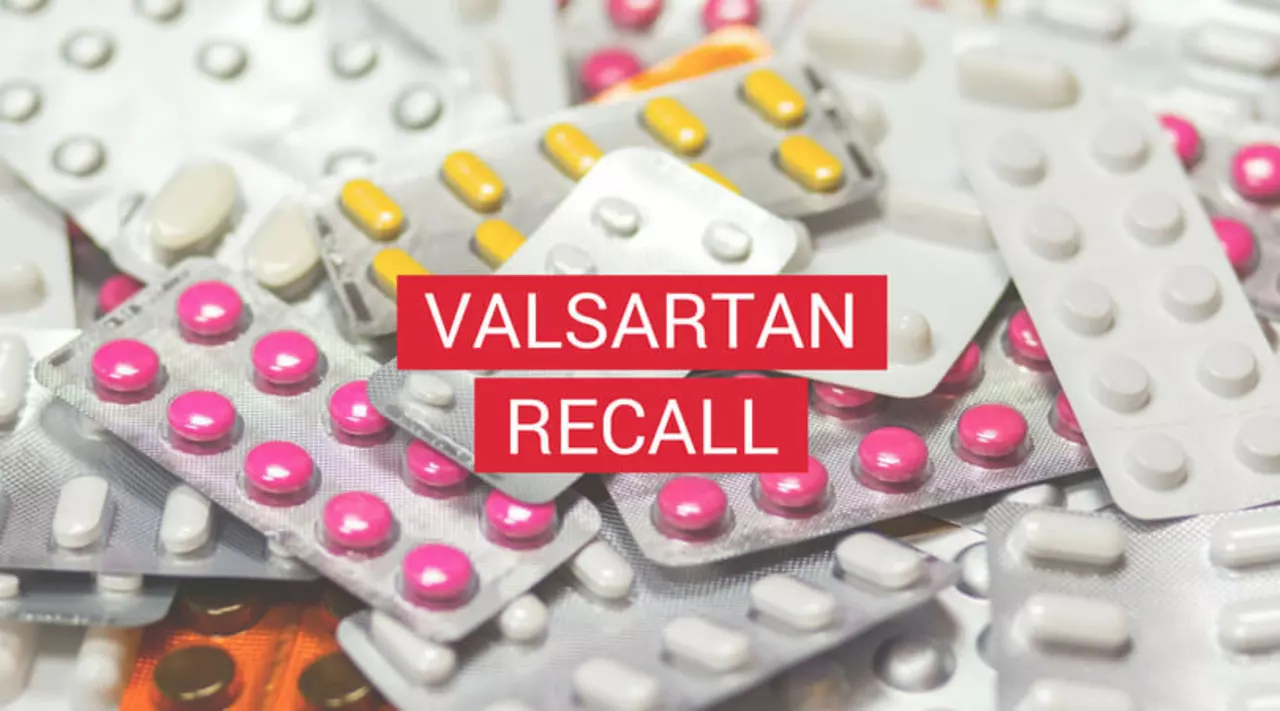High blood pressure: practical tips to lower it and stay safe
High blood pressure (hypertension) often gives no warning signs, yet it raises the chance of heart attack, stroke, and kidney problems. You can do a lot to control it without dramatic changes. Small, consistent habits plus the right medicines usually move numbers in the right direction.
Quick ways to lower blood pressure at home
Start by measuring your blood pressure correctly. Use a validated automatic cuff, sit quietly five minutes before measuring, rest your arm at heart level, and record readings twice a day for a week to spot patterns. Aim for home readings near your doctor's target — often below 130/80 for people at higher risk, but confirm your personal goal with your provider.
Diet matters. Follow a DASH-like plan: more vegetables, fruits, whole grains, lean protein, and less salt. Cutting 1–2 grams of salt daily can lower systolic pressure by several points. Lose even a few pounds if you’re overweight; 5–10% weight loss often brings meaningful drops.
Move more. Brisk walking 30 minutes most days can lower blood pressure by 5–8 mm Hg. Limit alcohol (no more than one drink daily for women, two for men) and quit smoking — nicotine spikes blood pressure and harms vessels. Sleep and stress also matter: aim for 7 hours of sleep and try short stress tools like deep breathing or a 10-minute walk.
Medications and what to expect
Many drug classes treat hypertension: ACE inhibitors, ARBs, calcium channel blockers, diuretics, and beta-blockers like metoprolol (Toprol). If your doctor prescribes a beta-blocker, expect it to slow your heart rate and lower pressure; common side effects include tiredness or cold hands. Read our detailed guide on Toprol for dosing and tips if you want a deeper look.
Don’t stop or change doses on your own. Mix of drugs is normal — two or three medicines together often work better than one at a higher dose. Tell your doctor about other meds and supplements you take; some interactions can raise or lower blood pressure unexpectedly.
Keep a log of readings and symptoms. Share it at visits so your provider can adjust treatment. If you notice very high readings (for example, over 180/120) with headache, chest pain, shortness of breath, or vision changes, seek emergency care right away.
Beyond pressure: check cholesterol and diabetes risk too. Many people with hypertension also take statins like those discussed in our Vytorin and statin sleep articles — that combo reduces long-term heart risk. If you want trustworthy product or medication info, our site has focused articles and guides to help you ask the right questions at your next appointment.
Want personalized next steps? Start by measuring your pressure at home for a week, write down lifestyle habits you can change, and bring your notes to your clinician. Small steady steps add up fast when keeping blood pressure under control.
The benefits of Valsartan for managing high blood pressure
As someone who has been researching high blood pressure management, I've discovered that Valsartan can be a game changer for many people. This medication not only helps in lowering blood pressure, but it also reduces the risk of heart attacks and strokes. Additionally, Valsartan offers fewer side effects compared to other blood pressure medications, making it a more tolerable option for many patients. I am excited to share this information with you, as it has the potential to improve the quality of life for those struggling with high blood pressure. So, if you or someone you know is dealing with this condition, be sure to discuss Valsartan with your healthcare provider!
More
